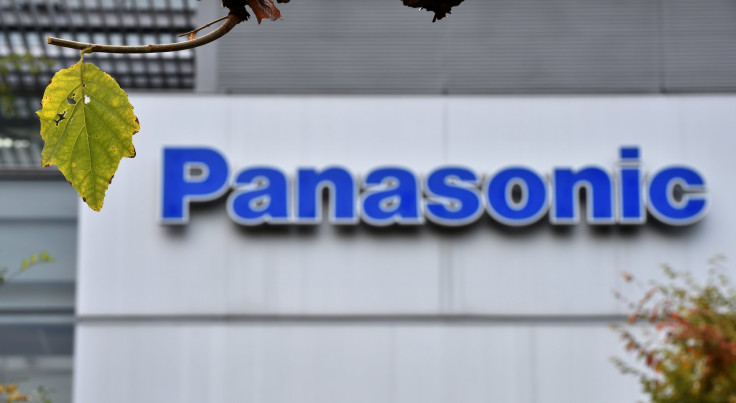Panasonic Stocks Drop 6.5% After Tesla Buys Maxwell

The shares of Panasonic Corp crashed almost 6.5 percent Tuesday after it reported a drop in quarterly earnings and slashed its whole-year outlook.
The company blamed the lower than expected results on weak demand for auto components and factory equipment spurred by the slow down in China. The figures were lower than analysts’ expectations.
The Japanese company pruned 9 percent from its operating profit estimate after a 19 percent drop in the earnings of the October-December quarter.
Coincidence with Tesla deal
However, there was a coincidence hard to miss. The shares of Panasonic slumped immediately after its Electric Vehicle partner Tesla announced the acquisition of battery maker Maxwell Technologies in the U.S.
Tesla has been Panasonic’s biggest EV battery client while Panasonic reigned as the exclusive battery cell supplier.
Analysts did not trace share crash to Tesla deal. One analyst said it was abetted by Panasonic’s unexciting outlook that worried investors and it is still not clear whether Tesla-Maxwell deal had an impact on the share crash.
“The latest earnings have revealed how tough the situation is for Panasonic,” noted analyst Masahiko Ishino of Tokai Tokyo Research Center.
Tesla announced the plan to buy U.S. energy storage company Maxwell Technologies Inc on Monday.
Maxwell has been supplying ultracapacitor cells to automakers General Motors Co and Lamborghini.
Ultracapacitors store electricity and back up battery cells.
Tesla’s Maxwell deal can affect Panasonic’s exclusivity with the American electric car maker. Tesla’s plan to enlist more battery suppliers was articulated by Elon Musk, Tesla CEO. He said it would source battery cells locally and “most likely from several companies” for its new car unit in Shanghai.
Maxwell advantage of Tesla
Meanwhile, analysts said Maxwell deal will help Tesla in its production efficiency and costing. Calling the deal a “low-risk bet” analysts said reduced battery costs and improved battery performance will be the core benefits.
Bill Selesky, an analyst with Argus Research said Maxwell’s technology will inject more value to Tesla thanks to the proprietary battery technology that can make vehicle lighter thanks to less occupancy of space and more battery power.
Garrett Nelson, an analyst with CFRA highlighted Maxwell’s patented dry-electrode technology as capable of boosting battery performance and slashing of production costs.
Panasonic had been strategically moving away from low-margin consumer electronics and was migrating towards automotive batteries and cockpit systems for B2B clients. “But it is suffering in B2B area,” noted analyst Ishino.
© Copyright IBTimes 2024. All rights reserved.



















